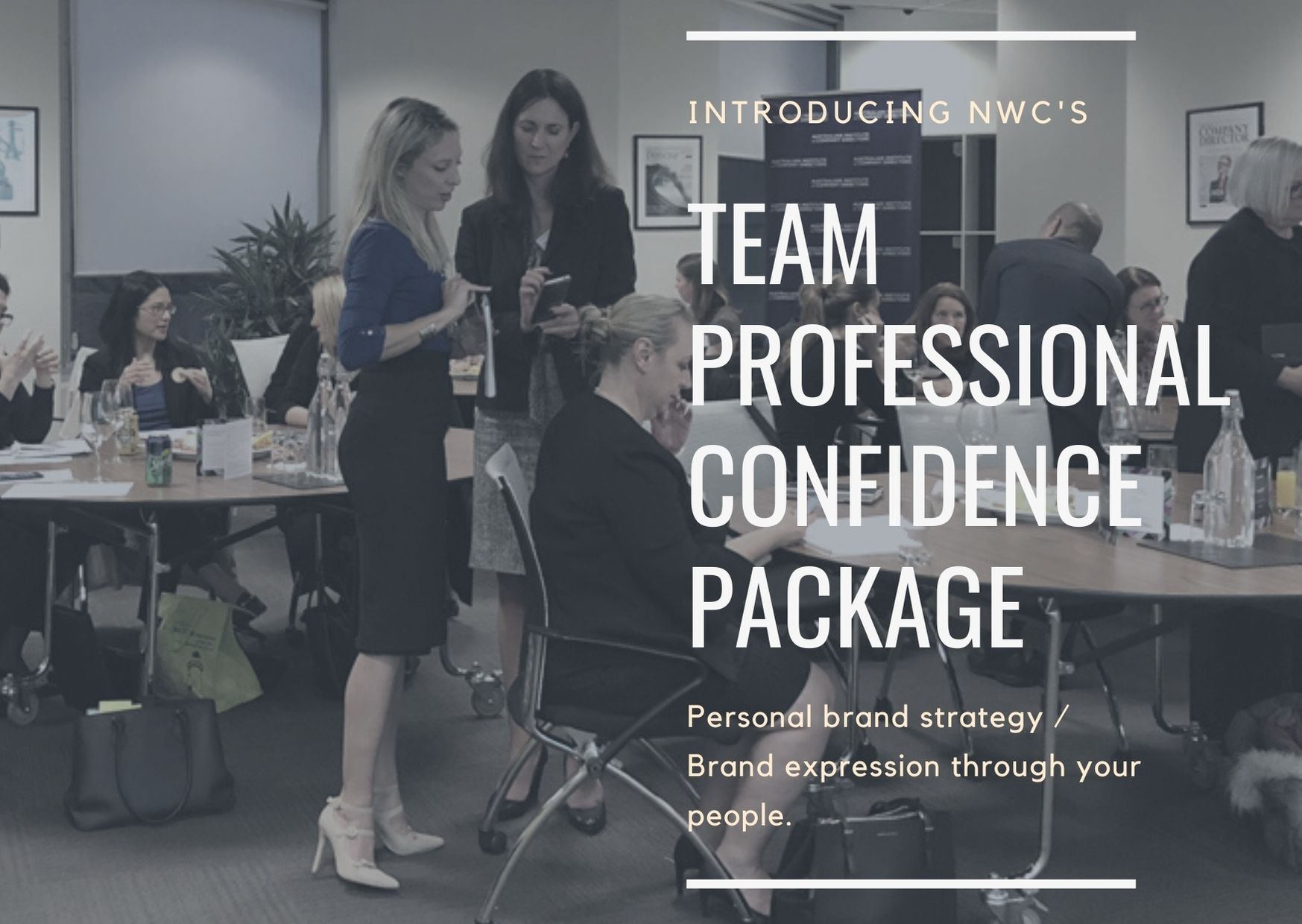Professional Development that Sticks: Teaching Psych secrets that create ROI
A common concern when taking on professional development programs within an organisation is how much impact it will really make: therefore the ROI on time and money.
In addition, there is sometimes the need to ‘convince’ staff that a PD experience is worth them taking time out of their day for. What is going to seem worthwhile to them, not just to leadership… so that you have their commitment to meaningful participation?
A third issue is that even if your staff are willing to show up with an open mind, how will you move them to actually make change – which for us humans, is inconvenient at best and terrifying at worst… and usually involves at least some degree of discomfort and challenge.
The psychology of good teaching (i.e.: How people really learn)
Recently pulling a heavy tome of a book down off the shelf in my office – the ‘bible’ throughout my Education degree, Psychology Applied to Teaching – I opened the contents to be reminded of some of the principles that twenty years later I still use every day in my work with people and organisations.
From behavioural, cognitive and social learning theories to problem solving and principles of motivation, the book takes the reader through the detail of hundreds of years of history in the understanding of how we learn. But since you may not also be a closet book nerd and you probably don’t want to read this 600-page book from cover to cover, I thought I’d apply some of the key understandings that have served me in creating strong program development, teaching and assessment practices in a variety of work contexts since I first opened this book.
Read on below for points you should look for to know the teaching will be effective..
So – to ensure real change and ROI – some fundamentals of teaching psychology that you should look for in your Professional Development providers, trainers and presenters:
- Experience in the theory and practice of teaching and learning, not just content knowledge. For example, understanding how to spot and cater for different learning styles and social influences that may affect learning within a particular group.
- Fun and masterful delivery to ensure maximum engagement (check client reviews). The presenter should create opportunities to be ‘light-hearted’ – creative, playful and exploratory, and preferably to use humour and human stories to connect in meaningful ways… but it’s also about mastering the use of language (verbal and non-verbal), learning tools and activities to maximise learning. It is not just about planning but about execution – maximising time, redirecting conversation, skilful questioning for deeper understanding.
- A solid understanding of audience – you should see research and enquiry from the training provider beforehand. Every audience deserves to be considered for themselves and although the material might not be new, every presentation should be prepared with fresh eyes.
- Practical and actionable content that demystifies and clarifies steps, but is based in business problem-solving logic. You want to see both strategy and how-to detail in the listed outcomes.
- This is an education psychology term that basically means ‘starting where they are’. If you meet people at their current understandings, beliefs and challenges, you are able to take them on a journey to learn and improve.
- Context and story. Theory alone holds the attention of few – it’s just too abstract for our human minds. To connect people with ideas, illustrate those ideas with relatable examples. Again, look at your chosen presenter’s client reviews for clues on this, or ask directly for an example of a concept and see how well they can explain it in every day terms!
- Action-based. Change comes from real involvement and ownership; look for evidence of learning programs providing different layers of experience that, somewhere in there, involve solid action.
- An implementation support program. Does your provider give you options or tools for keeping learning fresh in the minds of your people and continuing to empower application and growth within your organisation?
I hope these tips will be helpful in choosing your next professional development provider. But first: Don’t forget to set the stage to ensure maximum success…
- Ideally, you are fostering a culture of the ‘growth mindset’ – as in Carol Dweck’s famous TED Talk – learners who think they can improve rather than believe they have ‘fixed’ abilities are more willing to try and are better able to learn. Where does the set-up need to begin in your organisation, before you bring the trainer in?
“Good teaching is partly an art and partly a science.”
– Biehler & Snowman 1997, Psychology Applied to Teaching
This article first published 10/6/19; revised 12/5/21

